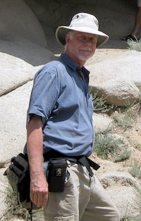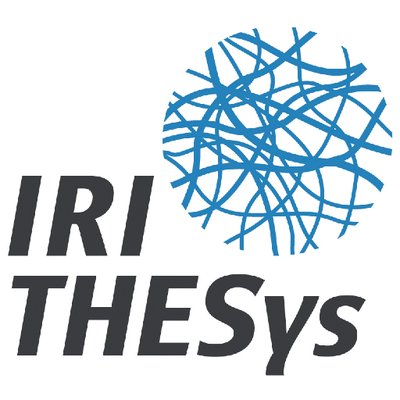While urbanism and the atmospheric consequences of energy use have emerged as uniquely defining challenges of the Anthropocene today, agriculture in the broad sense has been–and continues to be–responsible for the most significant, long-term human transformations of our planet. Human managed terrestrial ecosystems spread from a few garden plots 11,000 years ago to encompass a domesticated planet today. The global-scale impacts of human agriculture span biodiversity, terrain, water use, nutrient cycling, and biogeochemistry. Moreover, our population of over 7.5 billion, the cities where over half of humanity live, and our complex technology all would not exist without agriculture. Agriculture is fundamental to the dynamics of Anthropocene socio-ecological systems, driven by complex linkages between human actions and biophysical processes at multiple scales. Understanding and sustainably managing this complex Anthropocene world in which we live will require new perspectives and new analytical tools to represent multidimensional interactions within and across social and biophysical processes.
The Mediterranean Landscape Dynamics (MedLanD) project integrates computational modeling with empirical field research to study long-term consequences of the feedbacks between human decisions, rural land-use, and landscape evolution in the Mediterranean region. It is helping us examine the emergence of the Anthropocene, and explore multiple 'what if' scenarios to better plan for the future. Across the world, scientists engaged in research like the MedLanD project are working to create an international community to develop next generation modeling environments for integrative science of coupled human and natural systems in the Anthropocene.
Michael Barton is Director of the Center for Social Dynamics and Complexity, Professor in the School of Human Evolution and Social Change, Affiliate Professor in the School of Earth and Space Exploration, and Senior Sustainability Scientist at Arizona State University (USA). His research centers around long-term human ecology and landscape dynamics, integrating computational modeling, geospatial technologies, and data science with geo-archaeological field studies. Barton has directed transdisciplinary research on ancient hunter-gatherers and small-holder farmers in the Mediterranean and North America for nearly three decades, and co-directs research on human-environmental interactions in the modern world in collaboration with the National Center for Atmospheric Research. He directs CoMSES Net (the Network for Computational Modeling in Social and Ecological Sciences - www.comses.net), an international scientific network to promote accessibility, open science, and best practices for computation in the socio-ecological sciences. He is also a member of the open-source GRASS GIS Development Team and Project Steering Committee, dedicated to making advanced geospatial technologies openly accessible to the world.
Web page and CV at: http://www.public.asu.edu/~cmbarton



